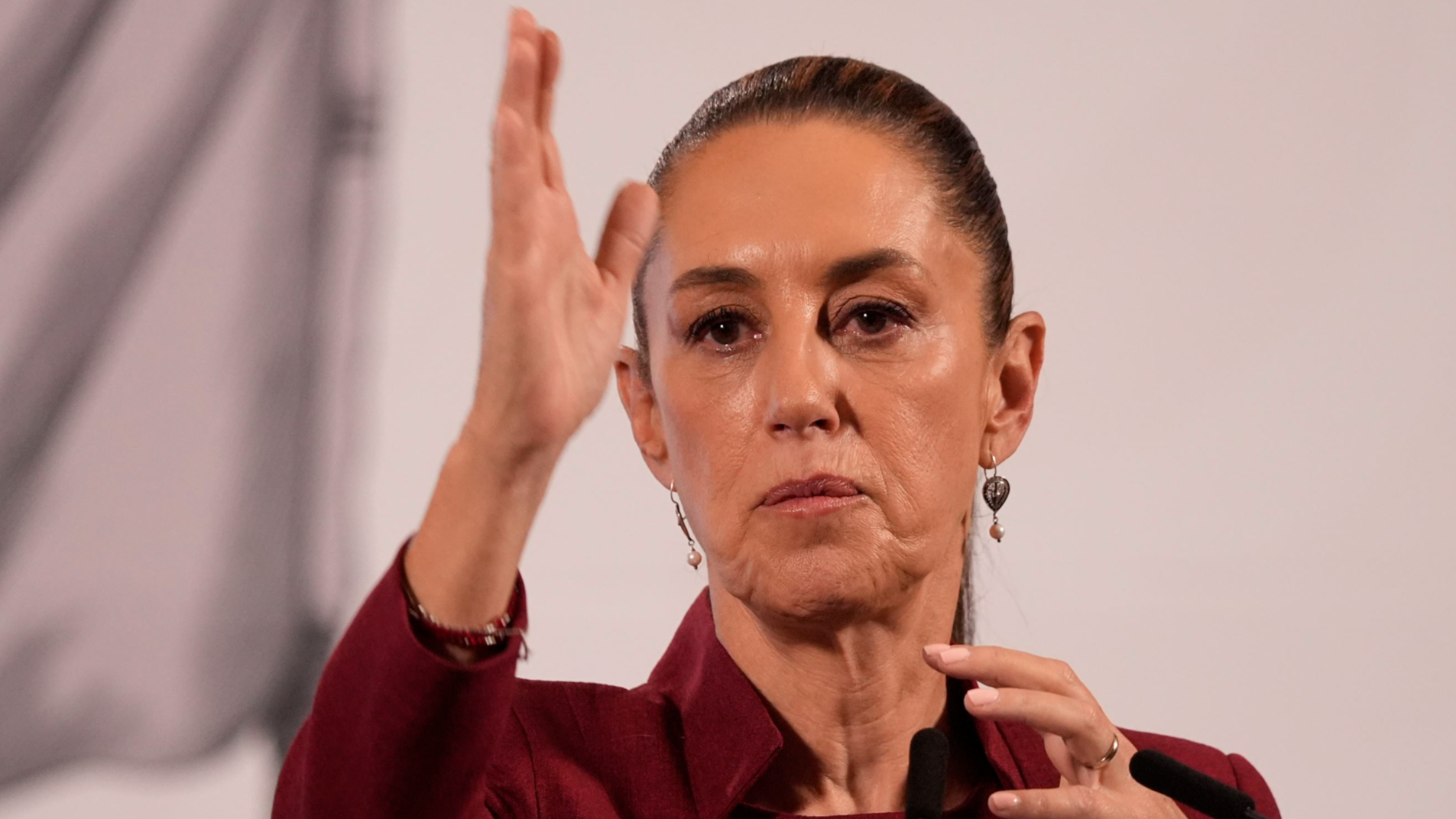
MEXICO CITY - Mexican President Claudia Sheinbaum on Wednesday expressed confidence the United States will reopen its border to Mexican cattle exports "very soon," following bilateral agreements to curb the spread of screwworm.
After detecting the presence of the pest, the United States Department of Agriculture announced on May 12 it was suspending cattle imports from Mexico for 15 days, however, the ban remains in place up to now.
"We hope it will be very soon," the president said at her daily morning press conference at the National Palace, referring to resuming cattle exports.
According to Sheinbaum, a team from the US Department of Agriculture is set to travel to Mexico to "verify the work plan that the technical committees have already reviewed," including the installation of a sterile fly production plant in the southern state of Chiapas to "eradicate the screwworm plague."
"There is already a technical agreement; they will come to verify it. This plant will be installed, and we hope that very soon, based on this, the border will open," Sheinbaum said, stressing "the important thing is that there are already agreements."
ALSO READ: Mexico says review of free trade deal with US, Canada to begin later this year
The president confirmed the United States will provide $21 million to set up the sterile fly production plant in Chiapas.
"Essentially, that is the resource that is required," Sheinbaum said, ruling out any additional funding from her government.
Mexico's National Agricultural Council (CNA) on Wednesday welcomed the willingness on both sides to move forward with an agreement and said it was confident Mexican cattle exports to the United States will soon resume.
"The CNA celebrates the technical and political will of both governments to advance an agreement based on science, collaboration and mutual trust, and is optimistic that the reopening of border crossings for Mexican livestock will be made official in the coming days," the employers' association said in a statement.
"This decision will restore, mitigate the impact on producers, and provide certainty to the livestock value chain within the framework" of the United States-Mexico-Canada Agreement (USMCA) on free trade, the group said.


